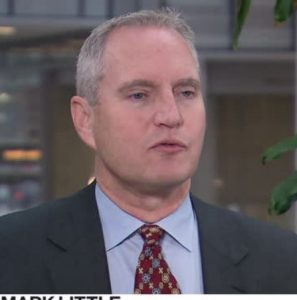
Toronto — The shift to electric vehicles and other low-carbon technologies could disrupt crude oil demand on a similar scale to the coronavirus pandemic, Suncor Energy Inc’s chief executive said on Monday.
The comments are a stark prediction in an industry that frequently downplays the impact of electrification and points to forecasts of rising global oil demand to justify new investment and pipeline expansions.
Canada is the world’s fourth-largest oil producer and the sector accounts for 10.6% of the country’s gross domestic product.
“While Canadian oil and gas will remain a significant part of the global energy mix for some time, we have to take advantage of new opportunities that offer attractive growth prospects,” Suncor CEO Mark Little said in an opinion article for Canada’s Corporate Knights magazine.
“The temporary economic lockdown triggered by the 2020 pandemic is giving us a glimpse into a not-too-distant future where the transformation of our energy system could disrupt demand on a similar scale.”
Economic shutdowns to limit the outbreak’s spread ground travel to a halt, cutting fuel demand by roughly 30% worldwide. Suncor, Canada’s No. 2 oil producer, curtailed output and cut its dividend by more than half. [nL2N2C31VY]
The sector also faces mounting pressure from a growing number of investors who screen companies based on environmental, social and governance guidelines.
Norway’s $1 trillion wealth fund in May blacklisted Suncor and other large oil sands producers for producing excessive greenhouse gas emissions. [nL4N2CV14K]
Little called for federal investment to help the industry diversify into hydrogen, renewable jet fuel and carbon fiber.
Bitumen is rich in asphaltenes, the feedstock for carbon fiber, used for producing lighter vehicles including EVs, he said.
“If we can figure out how to do this affordably at scale, it has the potential to quadruple the revenue from Alberta’s current bitumen output,” he wrote.
- Reuters



